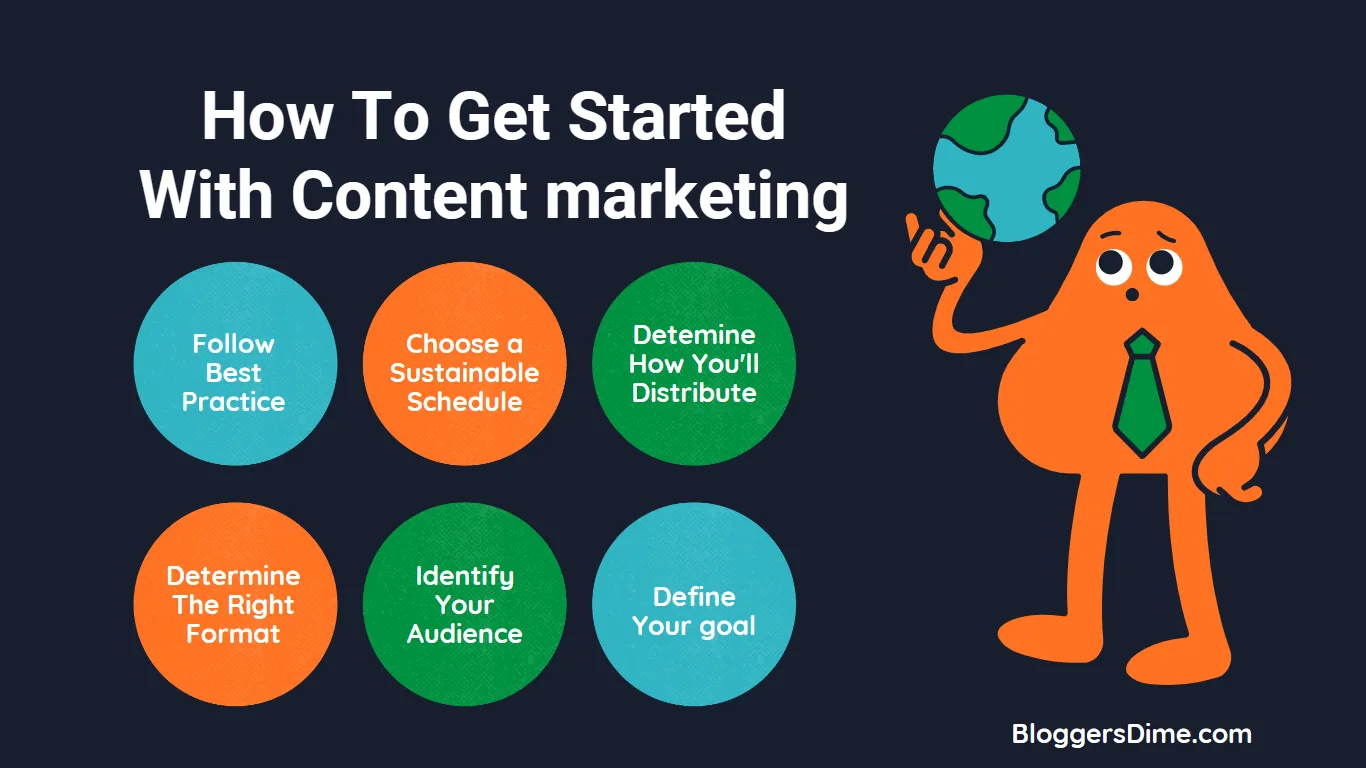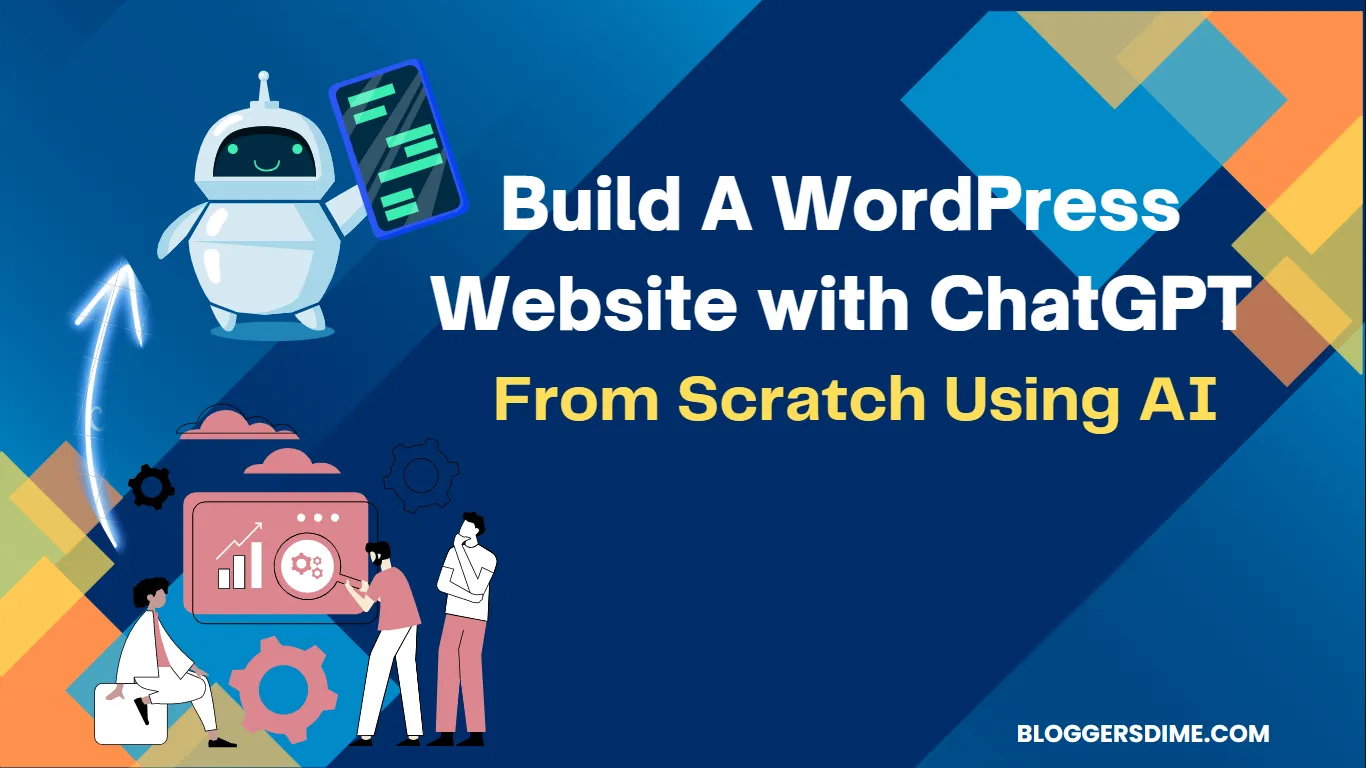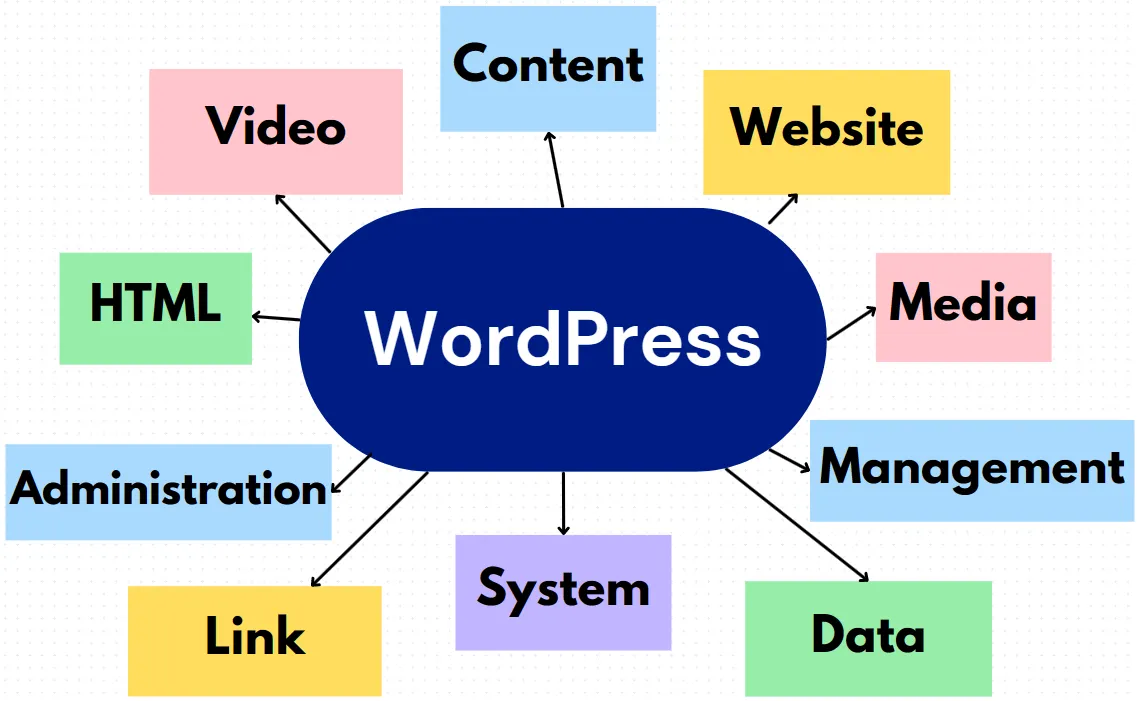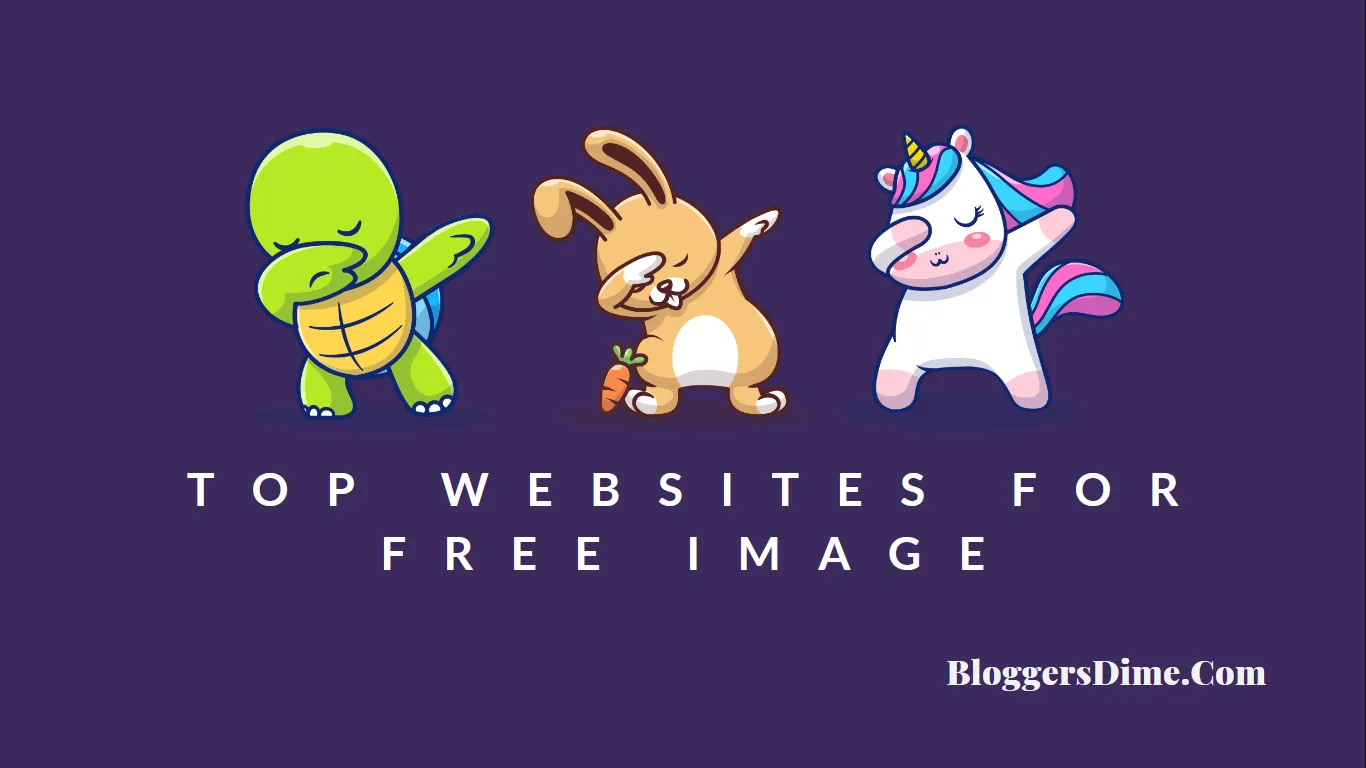Content marketing is a strategic approach to creating and distributing valuable, relevant, and consistent content to attract and retain a clearly defined audience — and, ultimately, to drive profitable customer action. It is an effective way to build relationships with customers and prospects, increase brand awareness, and generate leads.
What is Content Marketing?
Content marketing is a form of marketing that focuses on creating, publishing, and distributing content for a targeted audience online. It is often used by businesses as a way to attract attention and generate leads. it can take many forms, including blog posts, videos, podcasts, infographics, eBooks, and more. It is different from traditional marketing in that it does not directly promote a product or service. Instead, it focuses on creating content that is valuable and relevant to the target audience. This content can be used to educate, inform, and entertain the audience, as well as to build relationships and trust.
Benefits of Content Marketing
Its offers many benefits to businesses, including:
- Increased brand awareness and recognition
- Improved customer engagement and loyalty
- More website traffic and leads
- Higher search engine rankings
- Increased sales and revenue
It can also help businesses to build relationships with their customers and prospects. By providing valuable content, businesses can establish themselves as thought leaders in their industry and build trust with their audience.
Strategies
Content marketing strategies vary depending on the goals of the business. However, there are some common strategies that businesses can use to create effective it campaigns. These include:
- Creating a content calendar: A content calendar is a plan for creating and publishing content on a regular basis. It helps businesses to stay organized and ensure that content is published consistently.
- Developing a content strategy: A content strategy outlines the goals and objectives of the marketing campaign. It also outlines the target audience, the types of content to be created, and the channels to be used to distribute the content.
- Optimizing content for search engines: Search engine optimization (SEO) is an important part of its. By optimizing content for search engines, businesses can increase their visibility and reach more potential customers.
- Promoting content: Once content is created, it should be promoted to reach the target audience. This can be done through social media, email marketing, and other channels.
- Measuring results: It is important to measure the results of its campaigns to determine what is working and what needs to be improved.
Resources
There are many resources available to help businesses create effective marketing campaigns. These include:
- Content Marketing Institute: The Institute provides resources and training on its best practices.
- HubSpot: HubSpot offers a range of its tools and resources, including templates, guides, and more.
- Buffer: Buffer provides tools and resources to help businesses create, manage, and measure its campaigns.
- Moz: Moz offers a range of SEO tools and resources to help businesses optimize their content for search engines.
- Hootsuite: Hootsuite provides tools and resources to help businesses manage their social media accounts and promote their content.
Conclusion
Content marketing is an effective way to build relationships with customers and prospects, increase brand awareness, and generate leads. It involves creating and distributing valuable, relevant, and consistent content to attract and retain a clearly defined audience. There are many resources available to help businesses create effective its campaigns, including its Institute, HubSpot, Buffer, Moz, and Hootsuite. By leveraging these resources, businesses can create successful marketing campaigns that will help them reach their goals.





